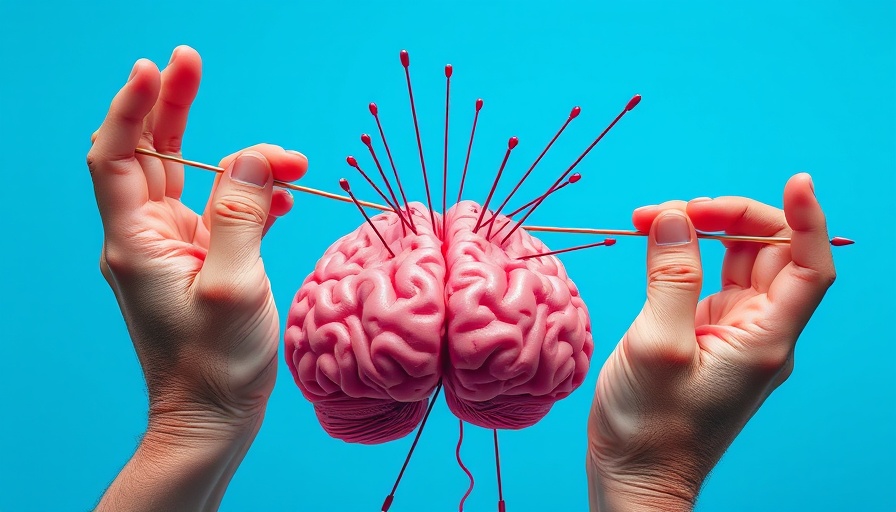
Unlocking Creativity: The Key to a Younger Brain
In a world where the effects of aging can sometimes feel inevitable, recent scientific findings provide a refreshing new perspective. Engaging in creative hobbies, everything from painting to gaming, can significantly delay brain aging. A study encompassing over 1,400 participants revealed that those who immersed themselves in creativity exhibited brains that were younger than one would expect, a finding that resonates with the notion that mental engagement can be as vital as a balanced diet or physical exercise in promoting health.
The Science Behind Creativity and Brain Health
Researchers, utilizing advanced ‘brain clocks’—machine-learning tools that gauge the difference between chronological age and actual brain age—discovered that individuals who regularly participated in creative activities had brains that were astonishingly five to seven years younger than their non-creative peers. This discrepancy in age can occur because these activities enhance functional connectivity in brain regions vulnerable to decline, such as the prefrontal cortex and the hippocampus. The study underscores the importance of brain communication, suggesting that creative pursuits help information processing and significantly boost mental agility.
How Everyday Creativity Makes a Difference
It’s not just about expert-level skills; even novice creators can experience remarkable benefits. Those who engaged in a new creative endeavor—like learning a video game for several weeks—registered a decrease in brain age, on average two to three years younger, showcasing that it’s the act of being creative, rather than the skill level, that matters. The activities that foster creativity tend to require imagination, mindfulness, and self-expression, all of which contribute to psychological well-being and a sharper brain.
Embracing Creativity: Practical Tips for Everyone
With such significant findings urging us to explore our creative sides, it's essential to incorporate these hobbies into daily routines. Even a modest 30 minutes once a week spent on a creative task can yield improvements in brain function. Over time, consistency is key: whether it’s joining a dance class, painting, or picking up a musical instrument, all forms of self-expression can serve as a form of self-care alongside healthy eating and regular exercise. Such activities bolster not just brain health, but mental resilience and overall wellness.
Identifying Your Creative Outlet
If the thought of finding time for a new hobby feels overwhelming, start small. The key is to find something you enjoy—this could be baking, writing, or even learning a new language. Enjoyment is crucial, as engaging with our interests boosts motivation and commitment, leading to sustainable brain health benefits. As Dr. Agustín Ibáñez emphasizes, “You don’t have to be Da Vinci.” Creativity is accessible to everyone and is more about personal expression than talent.
The Bigger Picture: The Holistic Approach to Wellness
The implications of these findings extend beyond just staying mentally sharp. They suggest a holistic approach to health, emphasizing that our mental habits influence our physiological health. Engaging in creative hobbies can be an integral part of a balanced lifestyle, working alongside other natural health strategies such as sound nutrition and stress management. In fact, creative activities have been linked to lower stress levels and enhanced emotional regulation, which are vital elements of a healthy mind.
Conclusion: Start Your Creative Journey Today
As we navigate the complexities of modern living, incorporating creative activities can serve not only as a delightful pastime but as a crucial component of our well-being. If you’re ready to boost your brain health and foster a vibrant, youthful mindset, now is the time to embrace your creativity! Whether it’s taking a painting class or exploring music, your brain—and your overall health—will thank you. Let creativity be your guide to a more fulfilling life!
 Add Element
Add Element  Add Row
Add Row 



Write A Comment